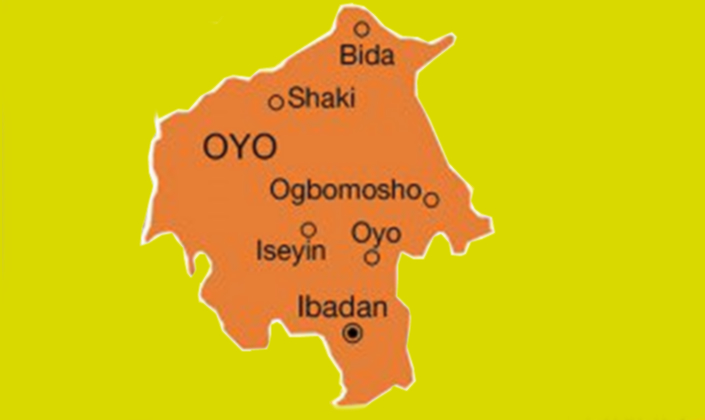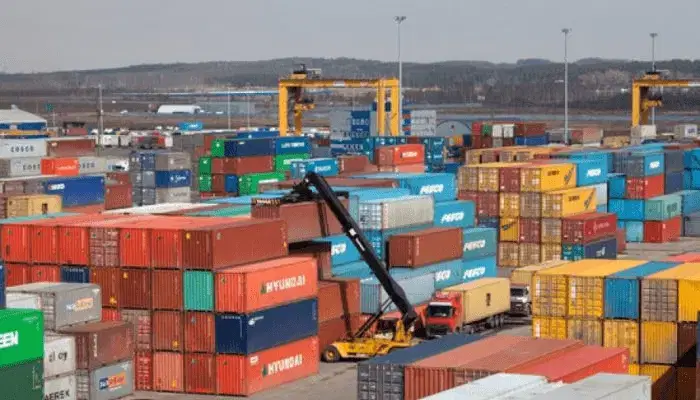World News
Over 800 dead as powerful earthquake devastates Eastern Afghanistan
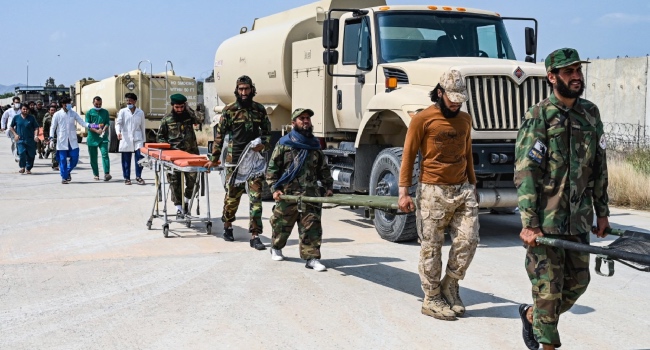
A large-scale rescue operation is underway in Afghanistan after a powerful 6.0-magnitude earthquake struck late Sunday night, killing more than 800 people and injuring thousands, Taliban authorities confirmed.
The quake, which hit just before midnight, was felt across Kabul and neighboring Islamabad in Pakistan, collapsing homes and trapping families in remote, mountainous regions.
Officials said casualties were reported in at least five provinces, with Kunar province near the epicenter suffering the heaviest toll of around 800 deaths and 2,500 injuries. In Nangarhar province, 12 people were confirmed dead and 255 injured, while Laghman province recorded 58 injuries. Taliban government spokesman Zabihullah Mujahid warned that the death toll could rise as rescue efforts continued.
Rescue workers, residents, and Taliban security forces were seen digging through rubble, sometimes with bare hands, to recover victims. Helicopters were deployed to evacuate the injured, with many taken to hospitals in Jalalabad city. Survivors described scenes of chaos, collapsed homes, and cries for help, as roads remained blocked nearly a day after the disaster, making some areas inaccessible.
“There is a lot of fear and tension… Children and women were screaming. We had never experienced anything like this in our lives,” said Ijaz Ulhaq Yaad, a local agricultural official from Nurgal district.
The United Nations Migration Agency confirmed that some severely affected areas remain cut off. The majority of homes in Afghanistan are low-rise, mud-brick structures, making them highly vulnerable to collapse during shallow earthquakes like this one.
International figures, including UN Secretary-General Antonio Guterres and Pope Leo XIV, expressed deep condolences. Guterres said he stood in “full solidarity” with the Afghan people, while Pope Leo XIV shared his sorrow over the “significant loss of life.”
Afghanistan frequently experiences seismic activity due to its location near the junction of the Eurasian and Indian tectonic plates. Recent years have seen devastating quakes, including a 6.3-magnitude earthquake in Herat province in 2023 that killed over 1,500 people, and a 2022 quake in Paktika province that claimed more than 1,000 lives.
Already suffering from decades of conflict, poverty, and reduced foreign aid following the Taliban’s return to power in 2021, Afghanistan’s disaster response capacity remains severely limited. The UN Development Programme reports that 85 percent of Afghans live on less than one dollar per day, further compounding the country’s humanitarian challenges.
Source: AFP
-

 News6 hours ago
News6 hours agoOpposition Reps raise alarm over alleged non-implementation of 2025 budget
-

 Business6 hours ago
Business6 hours agoCurrency outside Banks rises 10.2% as money supply expands
-
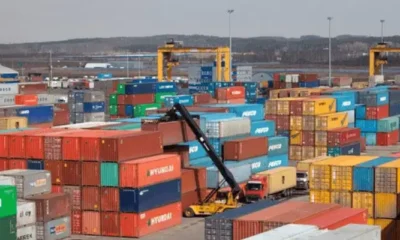
 World News6 hours ago
World News6 hours agoNigeria’s exports to Africa hits N4.82trn
-

 National News6 hours ago
National News6 hours agoClean Energy key to survival, healthy living — Remi Tinubu
-
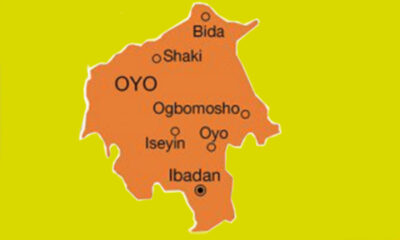
 Metro6 hours ago
Metro6 hours agoPolice Inspector killed as officers rescue kidnap victim in Oyo
-

 News2 hours ago
News2 hours agoBREAKING: Soludo orders closure of Onitsha Main Market over sit-at-home defiance


